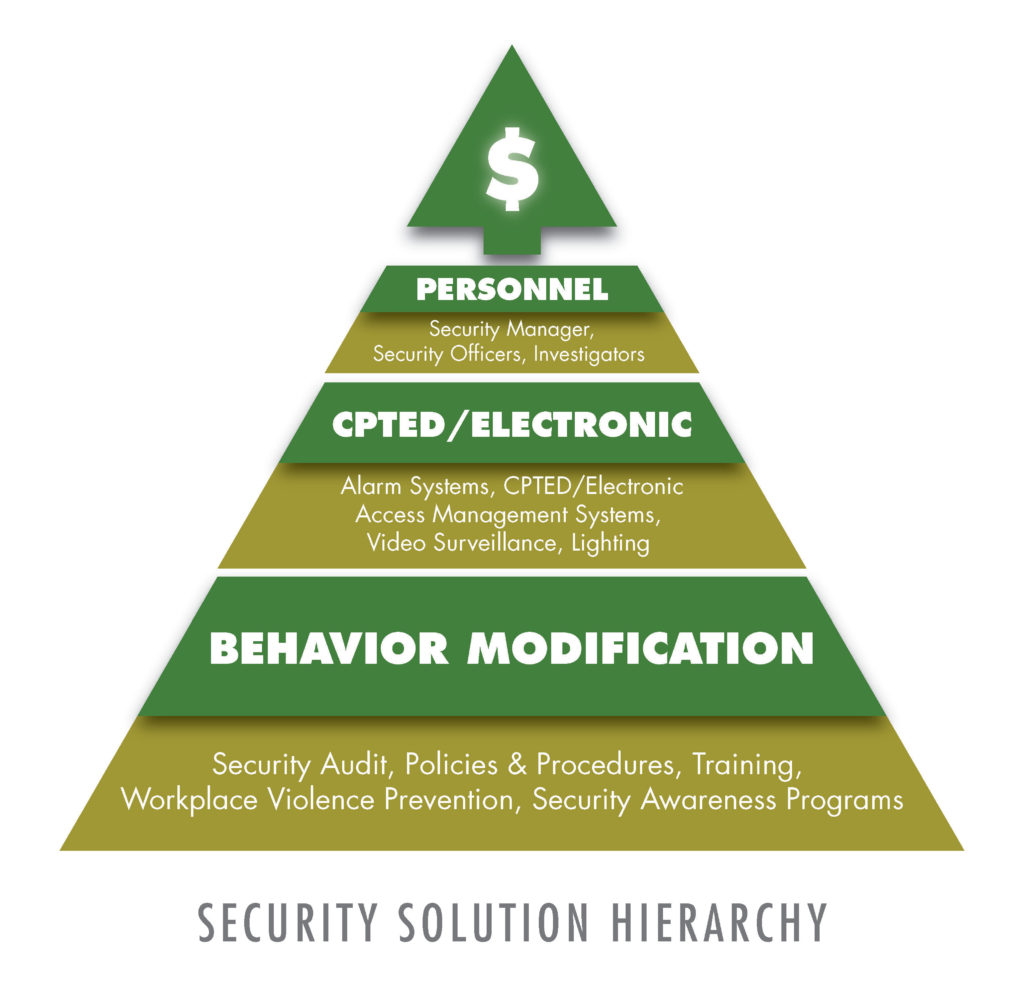Security is a Situational Discipline: Adapting to the Corona Virus Pandemic
Security is, and always will be, a situational discipline. However, who among us, could has precited the pandemic the nation is presently facing. The threat of corona virus has security management implications for almost every segment of our country. As a security professional, and a former Navy Corpsman, our perspective is wholistic. Clearly the security operation of each, and every, hospital must be a participant by ensuring that patients, and staff, including the proactive protocols, as determined by each hospital, given the amplitude of the ambient threat environment.
Regarding the protection of patients, visitors and staff, symbiosis with the hospital risk management team is a must. Most likely, the most important objectives are both internal and external access management. At the same time, the reasonable protection of the affected staff is also a challenge that must be addressed. The risk management function, as well as assurance of an effective security program requires interdepartmental teamwork.
Aside from the obvious perspective, the protection of the staff is a must, lest the treatment of patients may be jeopardized. Given these assumptions, and others, the security team, the risk management team, the administrative team, and the clinical team all must be on the same page.

The Security Solution Hierarchy provides a hierarchal model for almost ant security program. This model ensures that the most costs efficient remedies are applied first. Because security is a situational discipline, the application of proactive strategies, must be applied with consideration of the local ambient threat environment. In addition to taking the local threat environment into consideration, one must also consider the local resources that are available to ensure a reasonable level of security for all. This Hierarchy helps to ensure a logical and cost-efficient model for every security program, driven by situational need. Clearly there should be a symbiotic relationship between security and risk management (ASHRM). There is a symbiotic relationship between risk management and security management. Additionally, both disciplines are anticipatory. Good security is simply good business.
To move forward, we believe the best first step involves an onsite security assessment. Using the Security Solution Hierarchy and Prevention Hierarchy model, there is an assurance that a logical construct by which the enterprises achieve the meeting their unique goals.
Both Bill Nesbitt and Drew Neckar are Certified Protection Professionals. Both have extensive hospital experience (Drew with the Mayo Clinic Health System, Bill as a former Navy Corpsman.) Both have CPTED (Crime Prevention Through Environmental Design) certifications. Remember, you cannot know where you are going, until you know where you have been.
Therefore, the SMSI welcomes the opportunity, in conjunction with the security and risk management. Our team is also CPTED Certified.
SMSI Inc. is offering an onsite security assessment aimed at the crisis at hand, as well as the functionality, of the security program going forward in both good and bad times. Despite our retention of over 200 hospital litigations, as expert witnesses, we are in a good position to mitgate risk exposure. Do not hesitate to contact for the provision of a site-specific proposal.
Does Your security program meet the special pandemic risk management needs of?
- Pre incident coordination with local Police & Fire Departments
- Access management control (ingress & egress)
- Intensive care
- Pediatrics
- Risk Management
- Management of Aggressive Behavior Training
- The Emergency Department
- Labor & Delivery
- Behavioral Health
- Housekeeping
- Food Services
- Plant management
- Geriatric care
- 5150 (Psychiatric holds)
Contact Bill Nesbitt at bill@smsiinc.com, at SMSI Inc., 3572 Birdsong Ave, Thousand Oaks, CA 91360 (805-241-3800). Request a Proposal Today
